Affordable ADR: Your Guide to Artificial Disc Replacement in Turkey
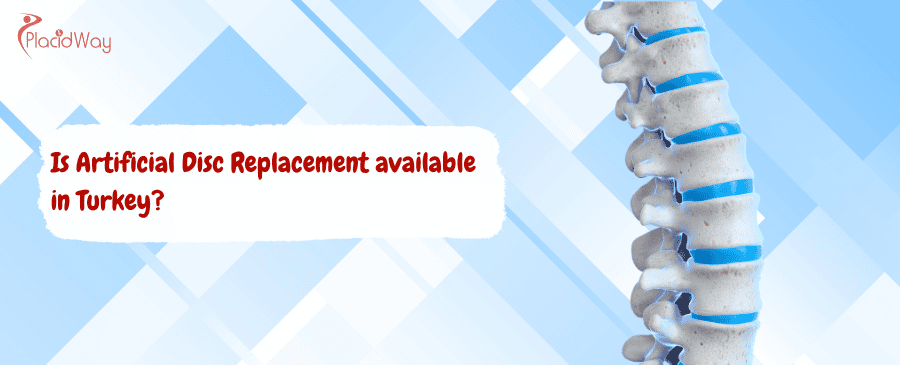
Welcome to our comprehensive guide on Artificial Disc Replacement (ADR) in Turkey! If you're exploring options for treating persistent back or neck pain caused by a damaged spinal disc, you've likely come across ADR as a modern surgical solution. Unlike traditional spinal fusion, which restricts movement by joining vertebrae, artificial disc replacement aims to restore or maintain natural spinal motion. Turkey has emerged as a prominent destination for medical tourism, and spinal surgeries like ADR are no exception. Patients from around the world are increasingly choosing Turkey for their treatment due to its combination of high-quality medical care, experienced surgeons, advanced technology, and competitive pricing. This detailed guide will answer your most pressing questions about getting an artificial disc replacement in Turkey, from availability and costs to recovery and success rates. We'll delve into what to expect during your medical journey, helping you make an informed decision about your spinal health.
Is Artificial Disc Replacement available in Turkey?
Turkey has established itself as a leading destination for various medical procedures, and advanced spinal surgeries like artificial disc replacement are a significant part of its offerings. Many hospitals and clinics in major Turkish cities, such as Istanbul and Ankara, are equipped with state-of-the-art technology and employ highly skilled spinal surgeons who specialize in ADR. These facilities adhere to international standards of care, with some even holding accreditations from organizations like the Joint Commission International (JCI).
Patients considering artificial disc replacement in Turkey can expect access to modern surgical techniques, including minimally invasive approaches, which can lead to faster recovery times and less post-operative discomfort. The availability of ADR in Turkey means that individuals suffering from degenerative disc disease or herniated discs can find effective treatment options that aim to preserve spinal mobility, a key advantage over traditional spinal fusion.
What is the cost of Artificial Disc Replacement in Turkey?
One of the primary reasons patients choose Turkey for medical procedures, including artificial disc replacement, is the significant cost savings without compromising on quality. While exact prices can vary based on several factors, the general range for ADR in Turkey is considerably more affordable compared to countries like the United States, Canada, or those in Western Europe.
Factors influencing the cost of artificial disc replacement in Turkey include:
- Type of Disc: The specific type and brand of the artificial disc implant used can affect the overall cost.
- Clinic and Surgeon: Highly renowned clinics and surgeons with extensive experience may have higher fees.
- Number of Levels: Replacing multiple discs will naturally increase the cost.
- Inclusions in the Package: Many clinics offer comprehensive packages that might include pre-operative consultations, diagnostic tests (MRI, CT scans), hospital stay, anesthesia, medication, post-operative care, and sometimes even accommodation and airport transfers.
It's crucial to get a detailed quote from your chosen clinic that outlines all included services to avoid any hidden costs. Even with additional travel and accommodation expenses, the total cost for artificial disc replacement in Turkey often remains a more economical choice for international patients.
What are the leading clinics for Artificial Disc Replacement in Turkey?
Turkey boasts a number of world-class medical facilities equipped to perform complex spinal surgeries like artificial disc replacement. These hospitals often have dedicated spine centers, multidisciplinary teams, and state-of-the-art technology. Some of the most frequently recommended and highly-rated clinics for ADR in Turkey include:
- Koc University Hospital: Located in Istanbul, this hospital is known for its academic excellence and advanced medical technology across various specialties, including neurosurgery and orthopedics.
- Anadolu Medical Center: Affiliated with Johns Hopkins Medicine, Anadolu Medical Center in Gebze (near Istanbul) is a highly respected institution with international accreditations and a strong focus on patient care and advanced surgical techniques.
- Memorial Hospital Group: With multiple branches across Turkey, Memorial Hospitals are well-regarded for their modern facilities, experienced medical staff, and comprehensive patient services, including advanced spine surgery.
- NP Istanbul Brain Hospital: Specializing in neurological and psychiatric disorders, this hospital also offers advanced spine surgery, including artificial disc replacement, with a focus on specialized care.
When selecting a clinic, it's advisable to research their specific experience with artificial disc replacement, look for patient reviews, and verify any international accreditations they may hold. Many clinics also offer online consultations to help you assess their suitability for your needs.
What are the success rates of Artificial Disc Replacement surgery in Turkey?
The success rates for artificial disc replacement in Turkey are comparable to those in other leading medical tourism destinations and developed countries. Turkish clinics performing ADR adhere to stringent medical protocols and employ experienced surgeons, contributing to excellent outcomes for patients.
Success in ADR is typically measured by several factors:
- Pain Reduction: A significant decrease in chronic neck or back pain.
- Improved Mobility: Restoration or preservation of the natural range of motion in the spine.
- Functional Improvement: Ability to return to daily activities and work without significant limitations.
- Reduction in Opioid Use: Less reliance on pain medication post-surgery.
Studies and clinical data suggest that artificial disc replacement has a high efficacy rate in properly selected patients, with many experiencing substantial relief from symptoms and improved quality of life. The long-term success of the implant itself is also a key indicator, with modern artificial discs designed for durability and longevity.
It's important to remember that individual outcomes can vary based on the patient's overall health, adherence to post-operative care, and the specific condition being treated. However, the high standards of care in Turkey contribute to these impressive success rates.
What is the typical recovery time after Artificial Disc Replacement in Turkey?
The recovery process after artificial disc replacement is generally faster and less restrictive compared to spinal fusion surgery because ADR preserves motion. Here’s a general timeline for what to expect:
- Immediately After Surgery (First 24-48 hours):
- Patients typically stay in the hospital for 1 to 2 days for monitoring.
- Pain management will be initiated to control discomfort.
- Early mobilization is encouraged, with patients often able to walk with assistance shortly after surgery.
- Early Recovery (Weeks 1-4):
- Most patients can return to light daily activities.
- Avoid heavy lifting, twisting, or strenuous movements.
- Physical therapy usually begins, focusing on gentle exercises to improve mobility and strength.
- Many patients experience a noticeable reduction in pain.
- Intermediate Recovery (Weeks 4-12):
- Physical therapy becomes more intensive, aiming to strengthen core muscles and improve flexibility.
- Gradual return to more demanding activities, as advised by the surgeon and physical therapist.
- Significant pain relief and improved function are common by the end of this phase.
- Advanced Recovery (3-6 Months):
- Continued strengthening and conditioning.
- Most patients can resume nearly all normal activities, including many forms of exercise.
- The artificial disc continues to settle, and surrounding tissues heal and adapt.
- Full Recovery (Up to 1 Year):
- While significant improvement is seen within a few months, full muscle and tissue healing can take up to a year.
- Long-term benefits, such as reduced pain and enhanced motion, are fully realized.
It's essential to diligently follow your surgeon's and physical therapist's instructions for a smooth and successful recovery. Factors such as age, overall health, and commitment to rehabilitation can influence the individual recovery timeline for artificial disc replacement.
What are the potential benefits of Artificial Disc Replacement over Spinal Fusion?
For patients suffering from degenerative disc disease, artificial disc replacement (ADR) offers several distinct advantages over traditional spinal fusion surgery:
- Preservation of Motion: The most significant benefit of ADR is that it allows for the continued natural movement of the spine at the treated level. Spinal fusion, on the other hand, permanently joins two or more vertebrae, eliminating motion in that segment.
- Reduced Stress on Adjacent Segments: By maintaining motion, ADR can potentially reduce the stress and wear and tear on the discs above and below the surgical site. In fusion surgery, the increased load on adjacent segments can sometimes lead to accelerated degeneration, requiring further surgeries in the future. This is often referred to as "adjacent segment disease."
- Faster Recovery: Patients often experience a quicker and less painful recovery after ADR compared to spinal fusion, primarily because the spinal segment's mobility is preserved, and the body does not have to undergo the lengthy process of bone fusion.
- Better Long-Term Outcomes for Mobility: For active individuals or those whose professions require a good range of spinal motion, ADR can be a more suitable option as it aims to restore a more natural biomechanical function.
- Reduced Need for Bracing: Unlike fusion surgery, which often requires a post-operative brace to ensure proper healing, ADR typically involves less or no bracing, allowing for greater comfort and earlier return to activities.
While both procedures have their place in treating spinal conditions, artificial disc replacement is often preferred for suitable candidates who wish to maintain spinal flexibility and potentially avoid future complications related to adjacent segments.
Who is a suitable candidate for Artificial Disc Replacement?
Not everyone with back or neck pain is a candidate for artificial disc replacement. Surgeons carefully evaluate several criteria to determine if ADR is the most appropriate treatment. Key considerations for suitability include:
- Single-Level Disc Degeneration: ADR is most effective for patients with degenerative disc disease affecting only one or, in some cases, two spinal levels.
- No Significant Facet Joint Arthritis: The facet joints, which connect the vertebrae, must be relatively healthy. If there is significant arthritis in these joints, fusion might be a more appropriate option.
- Good Bone Quality: Patients should have healthy bones, without osteoporosis, to ensure the artificial disc can integrate properly and remain stable.
- Failed Conservative Treatments: Candidates typically have experienced persistent and disabling pain despite trying non-surgical treatments such as physical therapy, medication, and injections for at least six months.
- Absence of Spinal Instability or Deformity: ADR is not suitable for patients with significant spinal instability, scoliosis, or other deformities that require corrective fusion.
- No Prior Spinal Surgery at the Same Level: Generally, prior surgery at the same spinal level can complicate ADR, though this is evaluated on a case-by-case basis.
- Overall Good Health: Patients should be in good general health and free from conditions that could increase surgical risks, such as active infections or severe cardiovascular disease.
A thorough examination, including imaging studies (MRI, CT scans) and a detailed medical history, will be conducted by a spinal surgeon to determine if artificial disc replacement is the right choice for you.
What diagnostic tests are required for Artificial Disc Replacement in Turkey?
Before undergoing artificial disc replacement in Turkey, a comprehensive diagnostic evaluation is essential to confirm the diagnosis, identify the specific disc(s) causing the pain, and assess your suitability for the procedure. The common diagnostic tests include:
- Magnetic Resonance Imaging (MRI): An MRI provides detailed images of soft tissues, including spinal discs, nerves, and spinal cord. It is crucial for identifying disc herniations, degenerative changes, and nerve compression.
- Computed Tomography (CT) Scan: A CT scan provides detailed images of bone structures. It helps assess the health of the vertebrae, facet joints, and bone spurs that might be contributing to pain or affecting the surgical approach.
- X-rays: Standard X-rays are used to assess spinal alignment, stability, and overall bone structure. Dynamic X-rays (flexion and extension views) can help evaluate spinal movement and instability.
- Discography (less common but sometimes used): This involves injecting a dye into the disc to see if it reproduces your typical pain, indicating that the disc is the pain generator. This is typically only used when other diagnostic tests are inconclusive.
- Nerve Conduction Studies (NCS) and Electromyography (EMG): These tests evaluate nerve function and muscle response, which can help determine if nerve compression is present and its severity.
- Blood Tests: Routine blood work is performed to assess overall health, detect any infections, and evaluate clotting factors before surgery.
Your spinal surgeon in Turkey will review all these diagnostic images and reports to create a precise treatment plan tailored to your specific condition, ensuring the best possible outcome for your artificial disc replacement surgery.
What is the surgical procedure for Artificial Disc Replacement in Turkey?
The artificial disc replacement procedure is a highly specialized surgery performed by experienced spinal surgeons. Here's a general overview of the steps involved, though specifics may vary based on the spinal level (cervical or lumbar) and the surgeon's technique:
- Anesthesia: The procedure is performed under general anesthesia, meaning you will be asleep during the surgery.
- Incision:
- For cervical (neck) ADR, an incision is usually made at the front of the neck (anterior approach) to access the spine.
- For lumbar (lower back) ADR, an incision is typically made in the abdomen (anterior approach). This approach is preferred as it avoids cutting through major back muscles, which can lead to less pain and faster recovery.
- Access to the Spine: Muscles and organs are carefully moved aside to expose the affected spinal segment without damaging them.
- Disc Removal: The damaged or degenerated disc is carefully removed. Any bone spurs or other materials pressing on the nerves are also cleared.
- Disc Space Preparation: The ends of the vertebrae where the disc was removed are prepared to receive the artificial disc. This involves ensuring proper spacing and creating surfaces for the implant to securely attach.
- Implant Insertion: The artificial disc, designed to mimic the natural disc's movement, is carefully inserted into the prepared space between the vertebrae. The surgeon ensures proper alignment and fit.
- Closure: Once the artificial disc is securely in place and its function verified, the tissues and skin layers are carefully closed.
The duration of the surgery can vary but typically ranges from one to a few hours, depending on the complexity and the number of discs being replaced. Minimally invasive techniques are often employed in Turkey to reduce tissue trauma and promote quicker healing.
What are the risks and complications associated with Artificial Disc Replacement?
Like any surgical procedure, artificial disc replacement carries potential risks and complications, although they are generally rare, especially when performed by experienced surgeons in reputable clinics. It's important to discuss these risks thoroughly with your surgeon before the procedure.
Potential risks and complications include:
- Infection: Any surgery carries a risk of infection at the surgical site. Antibiotics are typically given to minimize this risk.
- Nerve Damage: While uncommon, there's a risk of damage to nearby nerves or the spinal cord, which could lead to weakness, numbness, or paralysis.
- Implant Failure or Displacement: Although artificial discs are designed for durability, there's a small chance of the implant failing, moving out of place, or experiencing wear and tear over time, potentially requiring revision surgery.
- Blood Clots: Deep vein thrombosis (DVT) in the legs, and in rare cases, pulmonary embolism, can occur. Early mobilization and anti-coagulants are often used to prevent this.
- Adverse Reaction to Anesthesia: Some individuals may have adverse reactions to general anesthesia.
- Continued Pain: While the surgery aims to relieve pain, some patients may still experience persistent discomfort or new pain.
- Hardware-Related Issues: Rarely, issues like allergic reactions to the implant materials or mechanical problems with the disc itself can occur.
- Adjacent Segment Degeneration: Although ADR aims to reduce this risk compared to fusion, it is still a potential long-term complication where discs above or below the treated level degenerate.
Your surgeon will explain all potential risks and take precautions to minimize them. Choosing an experienced surgeon and a reputable clinic in Turkey significantly reduces the likelihood of complications.
How long should I plan to stay in Turkey for Artificial Disc Replacement?
The total length of your stay in Turkey for artificial disc replacement will depend on a few factors, including the specific clinic's protocols, your individual recovery progress, and whether you opt for additional physical therapy sessions while abroad. However, a general guideline is as follows:
- Pre-operative appointments and diagnostics: You will likely need a day or two for final consultations and any last-minute diagnostic tests before surgery.
- Hospital Stay: Typically 1 to 2 days after the surgery.
- Initial Post-operative Recovery: An additional 5 to 10 days are usually recommended for resting and initial recovery outside the hospital, allowing time for follow-up appointments with your surgeon and wound checks. This period is crucial for monitoring your immediate recovery and ensuring no early complications arise.
- Physical Therapy: Some patients may opt to begin outpatient physical therapy in Turkey before returning home, which could extend the stay.
Therefore, planning for a total stay of 7 to 14 days is a reasonable expectation. This allows sufficient time for the medical team to ensure your immediate post-operative well-being and for you to be comfortable enough to travel safely back home. Always confirm the recommended stay duration with your chosen Turkish clinic.
What is the post-operative care and rehabilitation like after Artificial Disc Replacement in Turkey?
Effective post-operative care and rehabilitation are crucial for the long-term success of artificial disc replacement. Turkish clinics are well-versed in providing comprehensive recovery plans:
- Pain Management: Immediately after surgery, pain medication will be administered to keep you comfortable. As you recover, the dosage will be gradually reduced, and you may transition to over-the-counter pain relievers.
- Early Mobilization: Patients are encouraged to get out of bed and walk short distances soon after surgery. This helps prevent complications like blood clots and aids in overall recovery.
- Physical Therapy (Physiotherapy): This is a cornerstone of ADR recovery. It typically starts with gentle exercises in the hospital and progresses to a more structured program. Physical therapy aims to:
- Restore range of motion in the spine.
- Strengthen core and back muscles.
- Improve posture and body mechanics.
- Increase endurance and overall fitness.
- Activity Restrictions: Your surgeon will provide specific guidelines on activities to avoid, such as heavy lifting, twisting, or high-impact sports, especially in the initial weeks and months. These restrictions are gradually eased as you heal.
- Follow-up Appointments: You will have follow-up appointments with your surgeon to monitor your progress, check the surgical site, and review imaging if necessary. If you return home, your Turkish clinic may coordinate with your local doctor or physical therapist for continued care.
Many clinics in Turkey offer tailored rehabilitation programs, and some international patient packages may include a certain number of physical therapy sessions. Adhering to these guidelines is vital for optimal recovery and achieving the full benefits of your artificial disc replacement.
Are the artificial discs used in Turkey of international quality standards?
When considering artificial disc replacement in Turkey, a common concern for international patients is the quality of the implants used. Rest assured, reputable Turkish clinics and hospitals that specialize in spinal surgery utilize artificial discs that meet rigorous international quality standards.
Here's why you can expect high-quality implants:
- Global Manufacturers: Turkish hospitals primarily source their artificial discs from well-known global medical device manufacturers. These companies produce implants that are used worldwide and adhere to strict quality control processes.
- Regulatory Approvals: The artificial discs used are often approved by major regulatory bodies such as the U.S. Food and Drug Administration (FDA) or carry the CE mark, indicating compliance with European health, safety, and environmental protection standards.
- Surgeon Preference and Expertise: Experienced spinal surgeons in Turkey understand the importance of implant quality for successful long-term outcomes. They select discs based on proven track records, biomechanical properties, and patient suitability.
- Hospital Accreditation: Many leading hospitals in Turkey are internationally accredited (e.g., JCI), which requires them to use high-quality medical devices and follow best practices in surgical procedures.
Before your surgery, feel free to discuss with your surgeon the specific type and brand of artificial disc they plan to use and its regulatory approvals. This transparency ensures peace of mind regarding the quality of your implant.
Can I combine Artificial Disc Replacement with a tourism trip in Turkey?
Turkey is a vibrant country with a rich history, stunning landscapes, and delicious cuisine, making it a popular tourist destination. Many patients are attracted to the idea of combining their medical treatment, such as artificial disc replacement, with a vacation. While this can be done, it's crucial to manage expectations and prioritize your recovery.
Here's what to consider:
- Immediate Post-Operative Period: In the first week or two after artificial disc replacement, your primary focus should be on rest, pain management, and adhering to your surgeon's instructions. Strenuous sightseeing or extensive walking will not be advisable.
- Light Activities: After the initial recovery phase (typically 1-2 weeks), you might be able to engage in very light, low-impact activities, such as short walks or enjoying a quiet cafe. However, prolonged standing, sitting, or physical exertion should be avoided.
- Planning for Tourism: If you wish to combine your medical trip with tourism, it's best to plan any significant sightseeing or travel within Turkey for after you have completed your initial recovery and received clearance from your surgeon. This might mean extending your stay or planning a separate trip later on.
- Medical Tourism Agencies: Many medical tourism agencies that facilitate artificial disc replacement in Turkey can also help you plan your itinerary, balancing your medical needs with opportunities for relaxation or light cultural experiences. They can assist with accessible accommodation and transport.
Ultimately, your health and successful recovery from artificial disc replacement should be your top priority. Listen to your body and your medical team's advice regarding physical activity, and plan any tourism accordingly.
How to choose the best surgeon for Artificial Disc Replacement in Turkey?
Selecting the right surgeon is a critical step in ensuring a successful artificial disc replacement outcome. When choosing a surgeon in Turkey, consider the following factors:
- Experience and Specialization:
- Look for surgeons who specialize in spine surgery, particularly those with significant experience in performing artificial disc replacement procedures (both cervical and lumbar).
- Inquire about the number of ADR surgeries they perform annually.
- Board Certification and Qualifications:
- Ensure the surgeon is board-certified in neurosurgery or orthopedic spine surgery.
- Check their educational background, training, and any international fellowships they may have completed.
- Hospital Affiliation:
- Verify that the surgeon is affiliated with a reputable hospital or clinic that has advanced facilities and a dedicated spine center. Ideally, the hospital should have international accreditations (like JCI).
- Patient Reviews and Testimonials:
- Read reviews from previous patients who have undergone artificial disc replacement with the surgeon. Look for consistent positive feedback regarding their surgical skills, patient care, and communication.
- Communication and Transparency:
- Choose a surgeon who communicates clearly, answers all your questions thoroughly, and explains the procedure, risks, and expected outcomes in an understandable manner.
- Many clinics offer initial online consultations, which can be a good way to assess communication style.
- Multidisciplinary Team:
- A good spine surgeon often works as part of a multidisciplinary team, including neurologists, pain management specialists, and physical therapists, ensuring comprehensive care.
Don't hesitate to ask for the surgeon's CV or professional profile, and conduct thorough research to make an informed decision about your artificial disc replacement in Turkey.
For those considering artificial disc replacement or other medical treatments in Turkey, exploring comprehensive solutions through PlacidWay can streamline your journey. PlacidWay offers access to a network of world-class medical centers and experienced specialists, ensuring you receive high-quality care tailored to your specific needs.


.png)
.png)
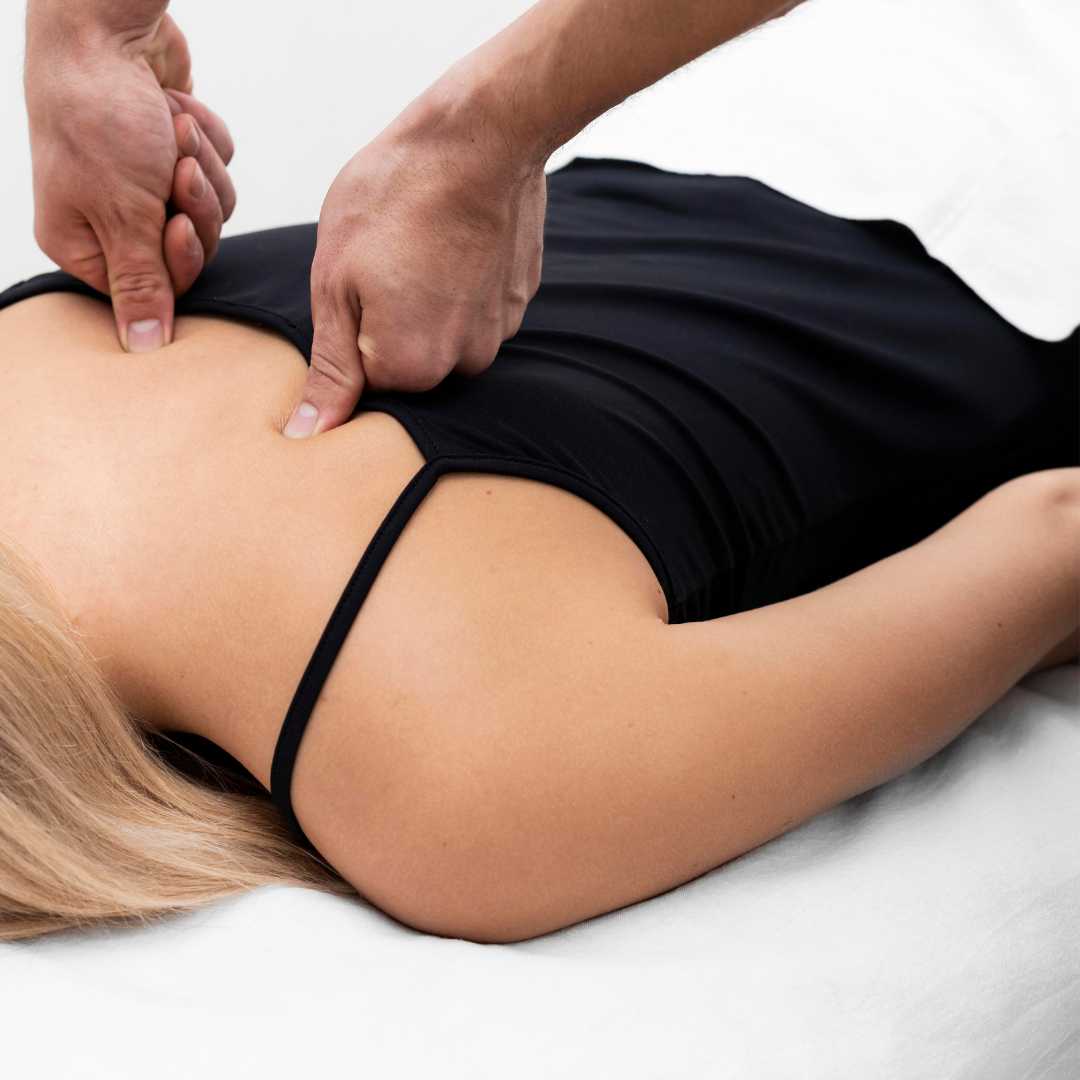
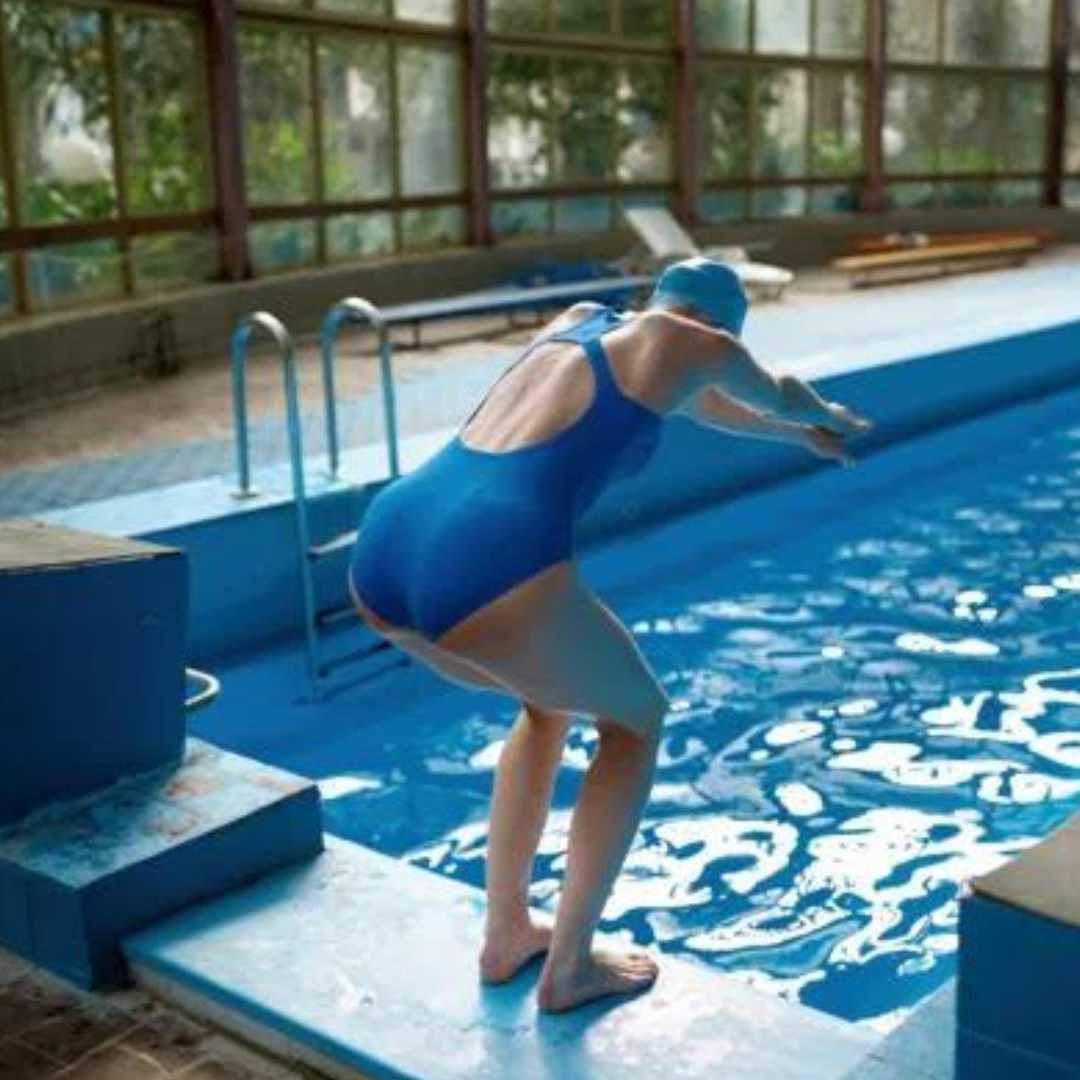
.png)
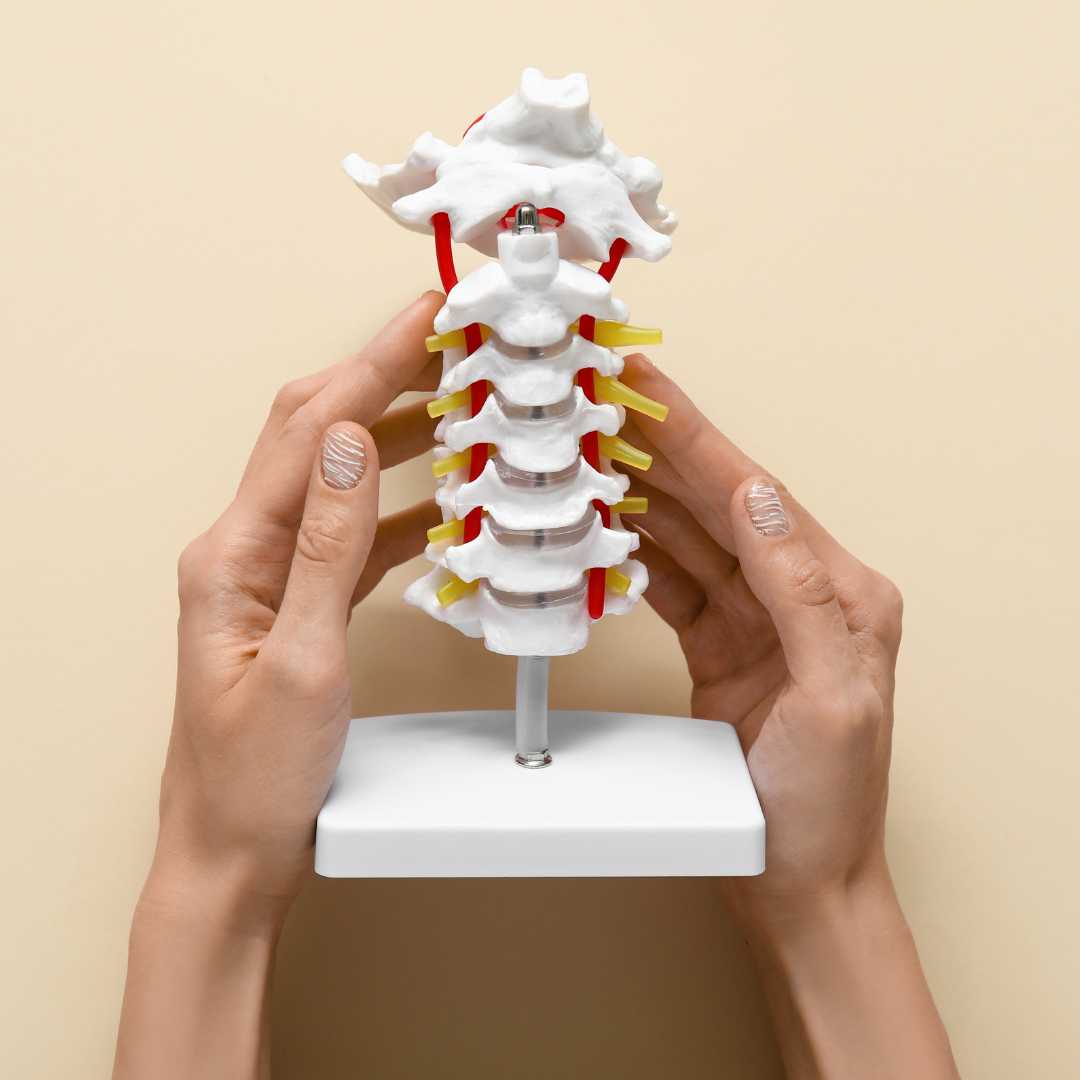
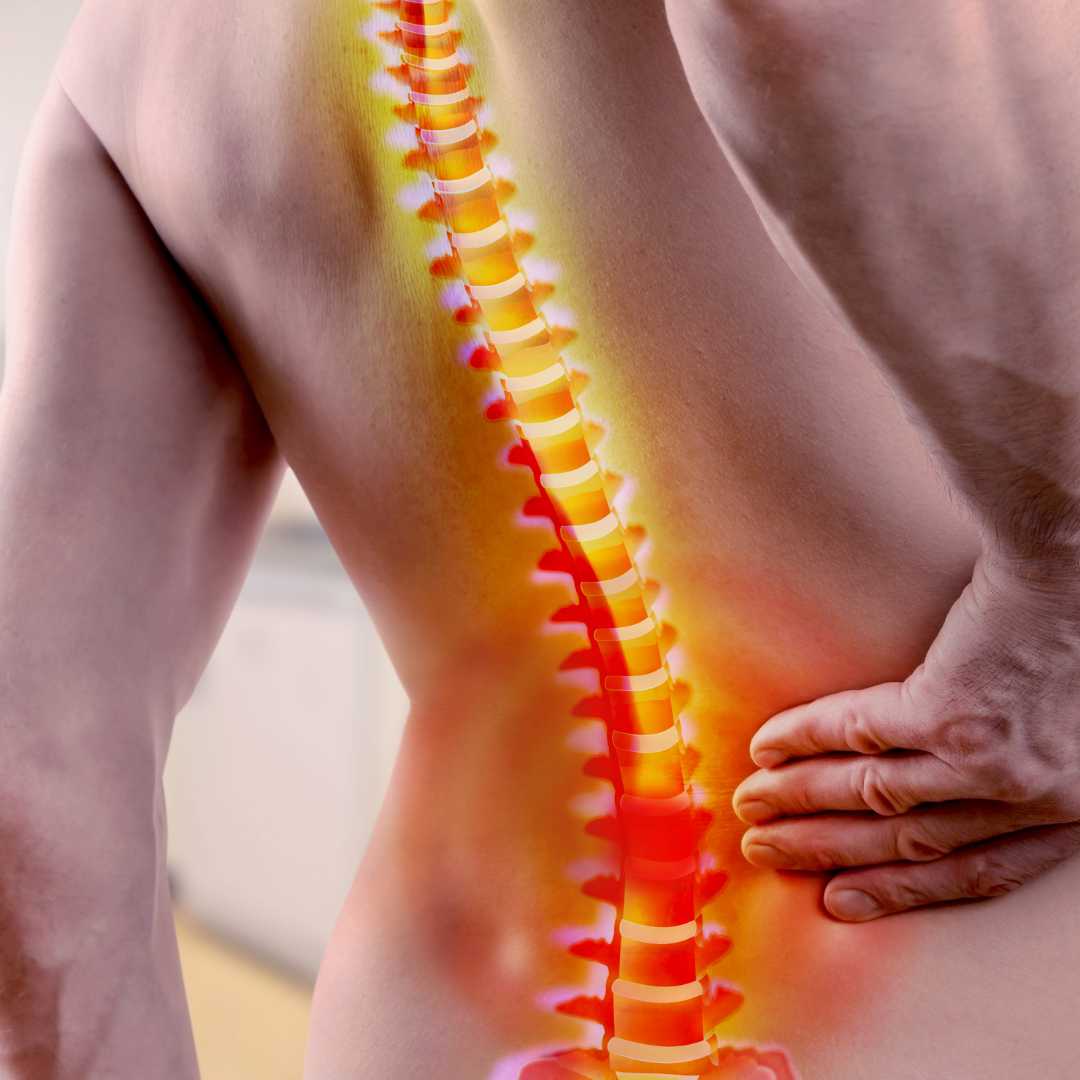
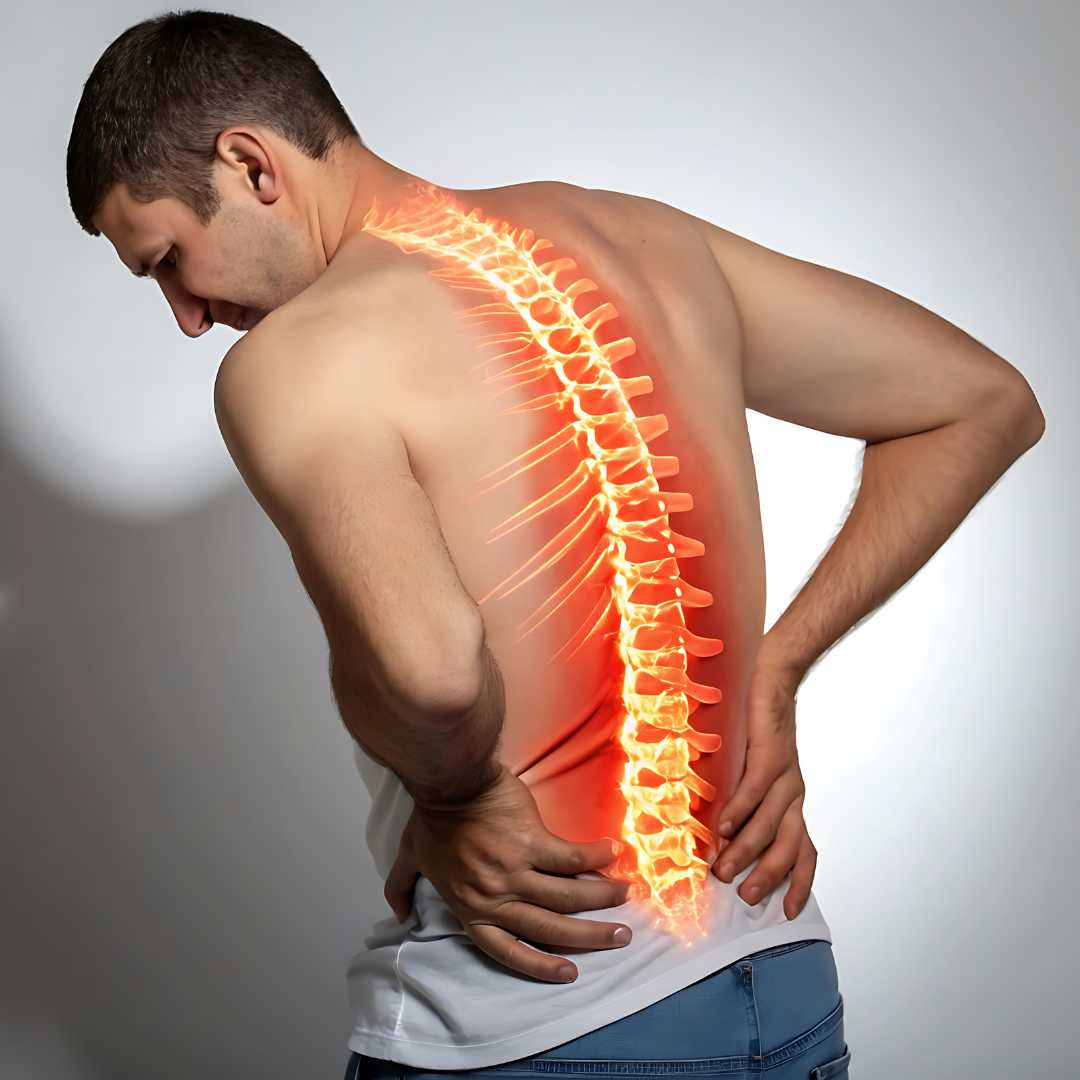
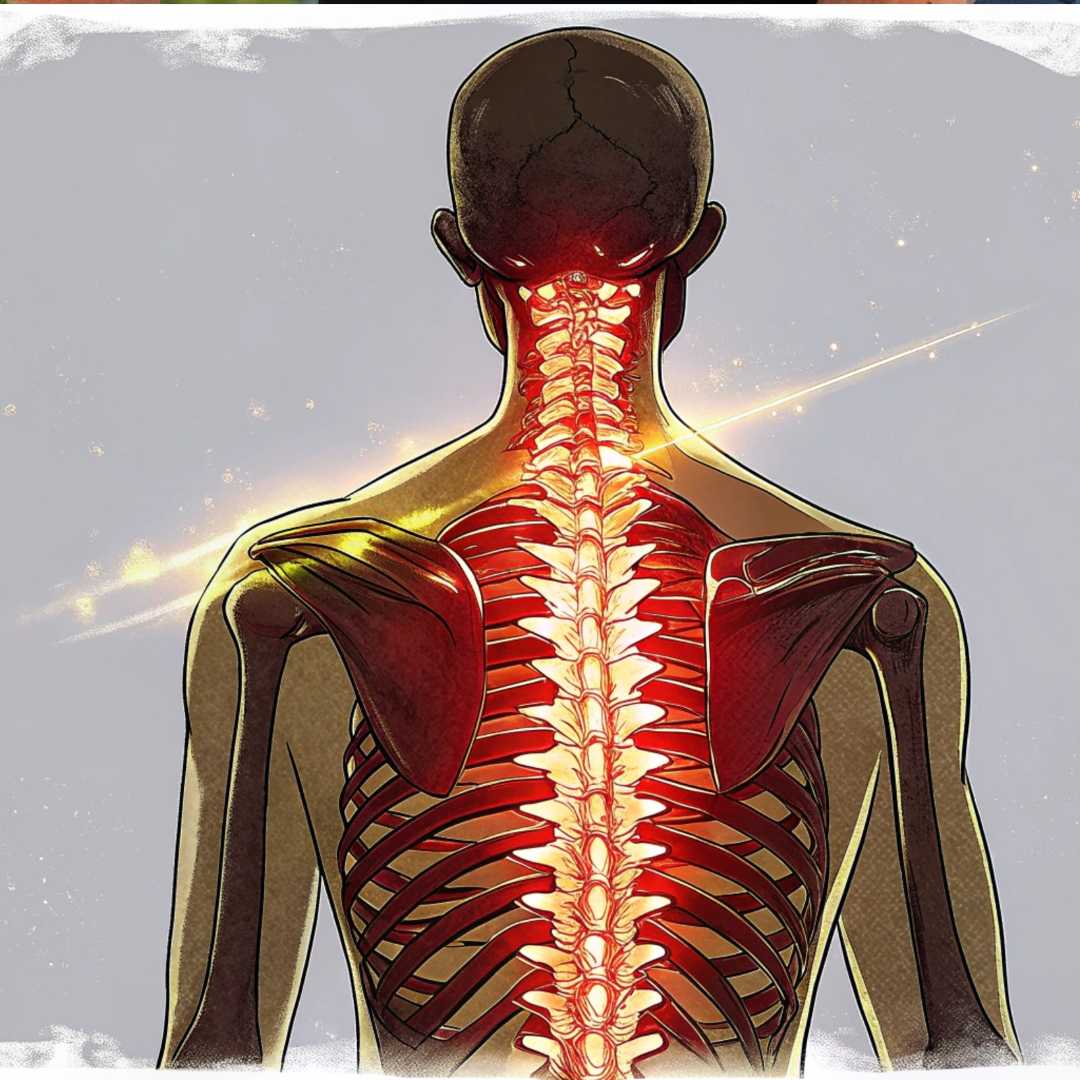


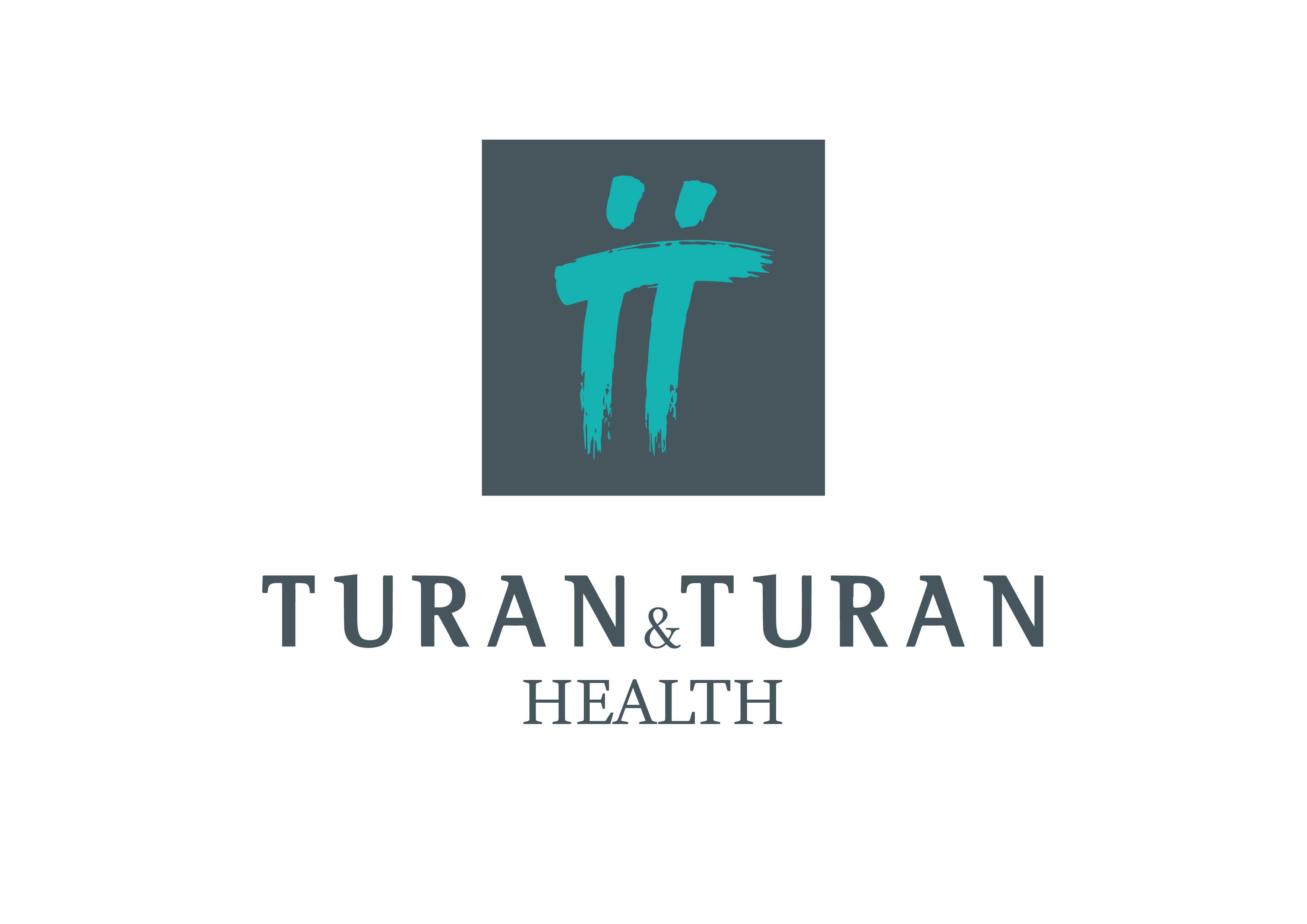

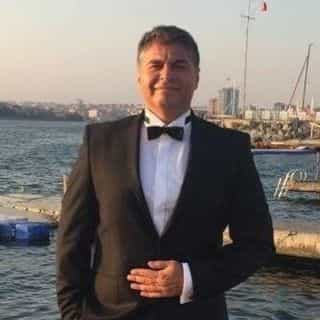

Share this listing